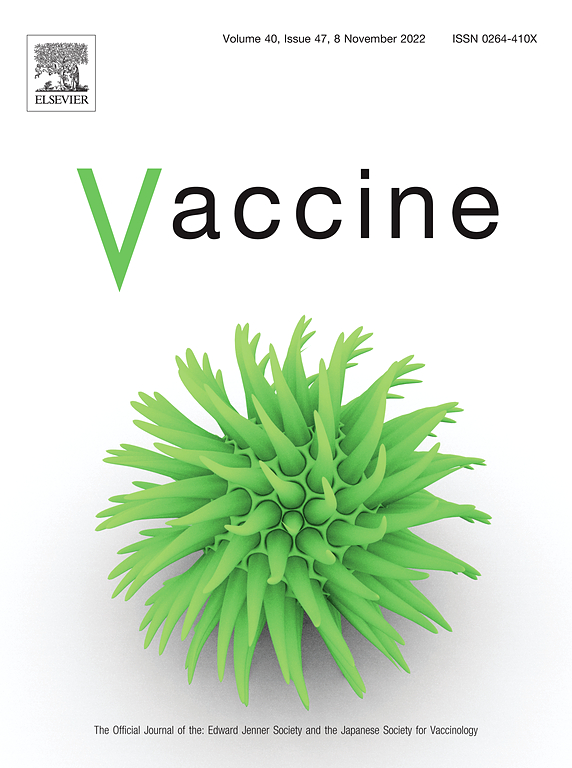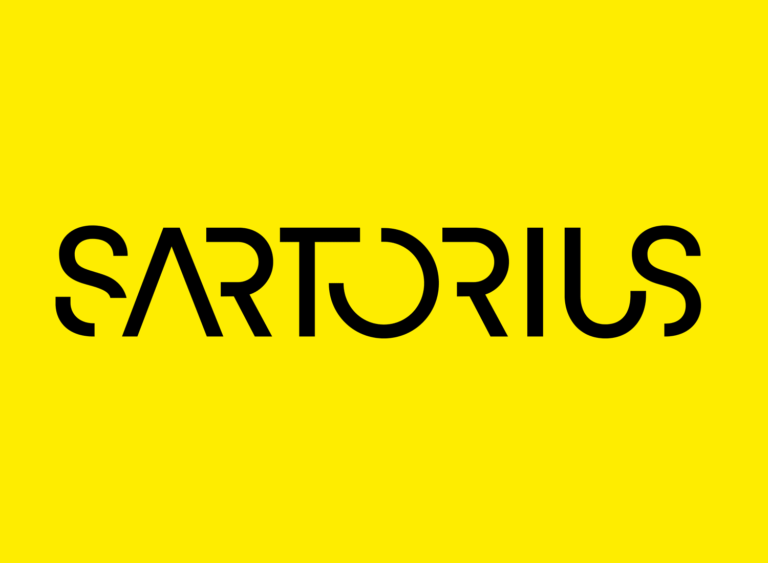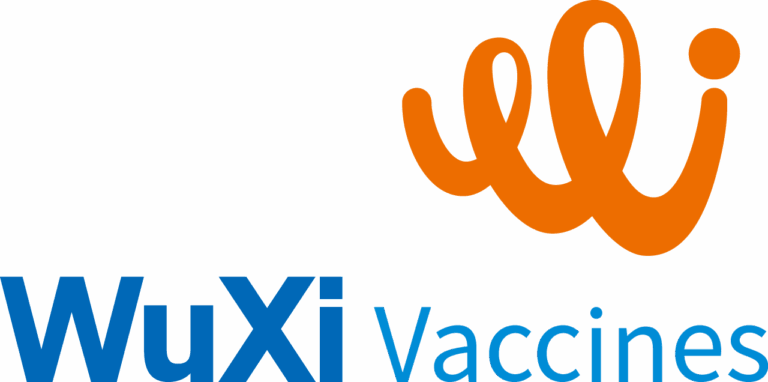Highlights
- Developing country vaccine manufacturers have diverse capabilities to develop, produce, and supply vaccines for local and global use.•
- Manufacturers report strategic plans to acquire new technologies, expand capacities and develop novel vaccines.•
- Partnerships and funding support are critical to sustainable vaccine manufacturing in LMICs.•
- Regulatory challenges and price competition are key impediments to manufacturer viability.
Abstract
The sustainable manufacturing of vaccines in developing countries is critical to increasing equitable access to vaccines and pandemic preparedness globally. Sustainable manufacturing requires that organizations engaged in the development, production and supply of vaccines have viable business models and incentives to manufacture vaccine products.
The expanding manufacturing capabilities and capacities of developing countries vaccine manufacturers (DCVMs) are increasingly positioning these organizations to meet the national and regional public health needs in developing countries; however, key industry challenges such as regulatory barriers, low prices and demand uncertainty for vaccine products, and limited R&D funding threaten the long-term viability of vaccine manufacturers.
This study assesses the technical capabilities, manufacturing capacities, and aspirational plans of DCVMs, exemplifying the business models and strategies undertaken to sustainably manufacture vaccines in developing countries. The public health importance of a healthy vaccine industry which enables manufacturers is discussed throughout.
Vaccine manufacturers reported diverse product portfolios and R&D pipelines and utilized an array of vaccine technology platforms. Large manufacturing capacities were reported, a critical factor in manufacturers achieving economies of scale and supplying large volumes of vaccine doses to the world’s most populous regions. Partnerships and collaboration within the industry and with international organizations along the vaccine value-chain were cited with high frequency. Manufacturers also reported aspirational plans to enter new markets, acquire new technologies and invest in the development of novel and improved vaccines.
As DCVMs aim to have an increasing impact on the global vaccine ecosystem, a coordinated multi-stakeholder approach is required alleviate critical industry barriers to ensure that all efforts produce vaccines are sustainable and enable developing countries to realize the public health benefit of vaccines.
https://www.sciencedirect.com/science/article/pii/S0264410X22013056?dgcid=coauthor










